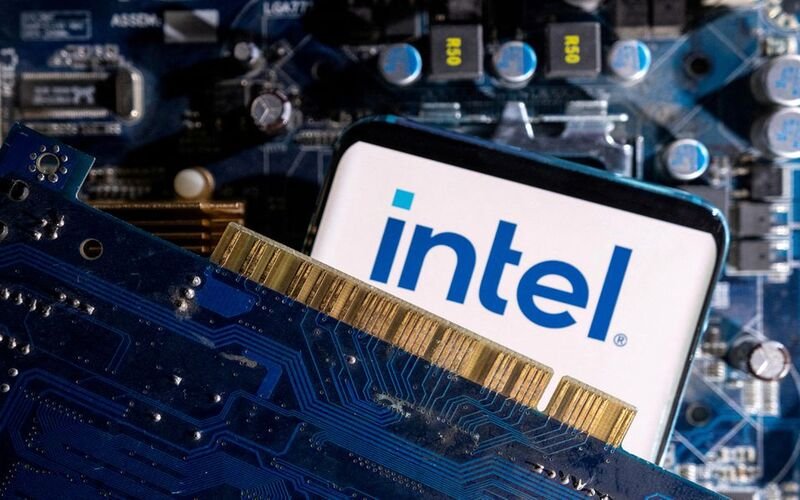Intel invests $33 billion in Germany. German Chancellor Olaf Scholz welcomed Intel’s $33 billion investment (INTC.O) in Magdeburg’s two chipmaking plants as the country’s greatest foreign investment.
According to a source, Berlin has given Intel 10 billion euros in subsidies, up from the 6.8 billion euros it had previously pledged to build two cutting-edge facilities in the eastern metropolis.
“Fulfilling the vision of a vibrant, sustainable, leading-edge semiconductor industry in Germany and the EU,” Intel CEO Pat Gelsinger commended the federal government and Saxony-Anhalt, where Magdeburg is located.
Intel has spent billions under Gelsinger to build operations on three continents to compete with AMD (AMD.O), Nvidia (NVDA.O), and Samsung (005930. KS).
After Monday’s signing, Scholz said, “today’s agreement is an important step for Germany as a high-tech production location – and for our resilience.”
“This investment boosts our ecosystem development and microchip production capabilities, putting us at the forefront of technology.”
Germany saw Intel’s third large investment in three days. On Friday, it announced a $4.6 billion chip plant in Poland, another EU member, and on Sunday, $25 billion in manufacturing in Israel.
McKinsey forecasts a $1 trillion global semiconductor manufacturing industry by 2030 from $600 billion in 2021.
Germany fears losing investment as other nations, mainly the US and Europe, offer state subsidies and advantageous legislation to large industrial players.
Berlin is subsidizing digital enterprises with billions of euros amid supply chain concerns and chip dependence on South Korea and Taiwan.
Robert Hermann, CEO of Germany Trade & Invest, said Intel’s renewed and increased commitment to Magdeburg’s expansion spoke volumes about Germany’s attractiveness as a high-tech corporate location.
Berlin is negotiating with Taiwan’s TSMC (2330. TW) and Sweden’s electric vehicle battery company Northvolt about manufacturing in Germany after pushing Tesla (TSLA.O) to build its first European gigafactory in Germany.
Frankfurt Intel shares rose 0.3% at 15:34 GMT.
Intel said the contract reported on Monday shows the project’s growth since March 2022.
Intel’s Magdeburg manufacturing investment has grown to almost 30 billion euros from 17 billion.
Germany is a great location to live. Economic minister Robert Habeck says,, “we play at the forefront of global competition and secure sustainable and qualified jobs and value creation.”
Intel anticipates the Magdeburg plant to open four to five years after the European Commission approves the finance package.
The American chipmaker expects the first phase to create 7,000 construction jobs, 3,000 high-tech Intel jobs, and tens of thousands of industry employment.
Intel announced plans last year to build a large chip facility in Germany and facilities in Ireland and France to take advantage of European Commission financial limits and subsidies. EU chip imports from the US and Asia are being reduced.
Gelsinger told Reuters on Friday that he expected an agreement and that his request was to remain cost competitive despite the significant gap between Germany’s planned subsidies and Intel’s needs.
He regretted that we must compete to reclaim this industry we lost to Asia.











































Comment Template